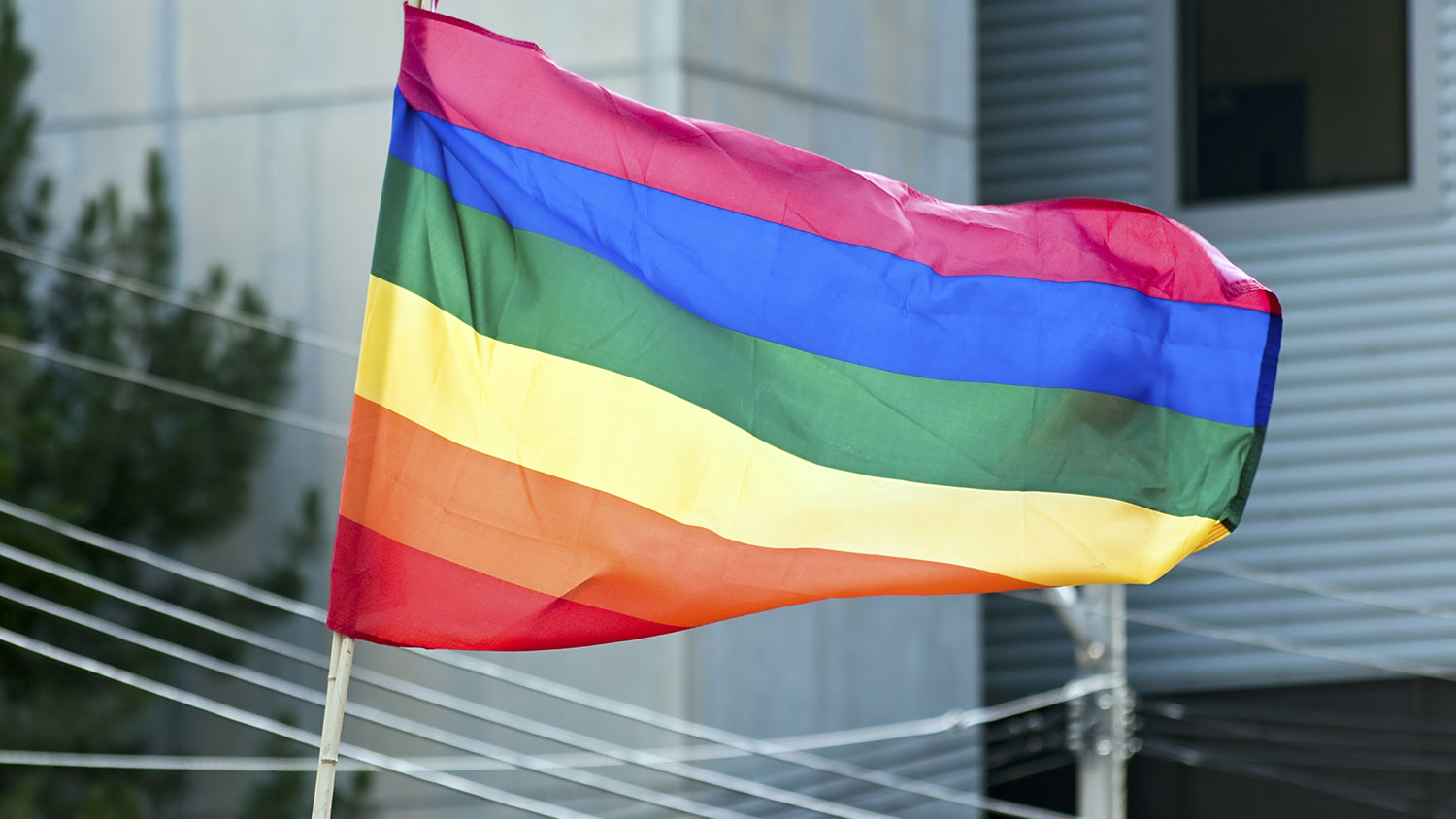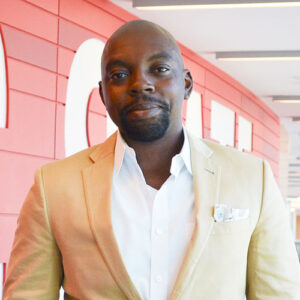
With less than fifty percent of states extending legal protections to members of the LGBTQ+ community, Bostock v. Clayton County provides federal protection by specifically expanding workplace protections to include gender identity and sexual orientation. Diversity Digest sat down with Jonathan McCorey, director of NC State’s GLBT Center, to talk about the decision.
Diversity Digest: What were your initial reactions to the recent Supreme Court decision and what have you thought about since then?

Jonathan McCorey: My initial reaction was that this is great news and well overdue! I was also processing that this was done off of the foundation on the Civil Rights Act of 1964 that was rooted in Black liberation.
Digest: For context, the passage of the Civil Rights Act of 1964 was the result of a decades long battle, often led by Black communities and their leaders and allies.
“Under the Civil Rights Act of 1964, segregation on the grounds of race, religion or national origin was banned at all places of public accommodation, including courthouses, parks, restaurants, theaters, sports arenas and hotels. No longer could blacks and other minorities be denied service simply based on the color of their skin.
Title VII of the Civil Rights Act barred race, religious, national origin and gender discrimination by employers and labor unions, and created an Equal Employment Opportunity Commission with the power to file lawsuits on behalf of aggrieved workers (Civil Rights Act of 1964)
What should we, institutionally, be thinking about (or maybe rethinking) in relationship to this decision and the LGBTQ+ community here at NC State?
McCorey: Institutionally, we should think about how policies have an impact on everyone and not just one group. An example would be housing based on legal gender markers. This at face value seems to largely impact the LGBTQ+ community; however, it impacts cultures where staying with family members is valued and customary. It also impacts someone who may need to be with a family member for support with a disability. So I think it’s important to always address the intersectionality of people when considering a policy.
Digest: If you were asked to meet with a group of NC State students and explain this decision and its impact, what key points would be most meaningful or important to share?
McCorey: For me, it would be understanding the Civil Rights Act of 1964.
Digest: How can students, faculty and staff allies support and amplify the voices of our LGBTQ+ community members?
McCorey: Learning about intersectionality, then the challenges that people who hold LGBTQ+ identities have historically faced, is a great starting point. Also, acknowledging any bias that you may hold against any marginalized identity and realizing how that shows up for you.
Digest: What resources are available for members of the NC State LGBTQ+ community that are seeking support or protected space?
McCorey: The GLBT Center staff here at NC State is always available as a resource to faculty, staff and students along with all of OIED. The GLBT Center also offers the Advocate Program for faculty, staff and students as a great way to learn more and to connect with the LGBTQ+ community. If someone is not comfortable to connect with us here for any reason, the LGBT Center of Raleigh or the LGBT Center of Durham are also great resources.